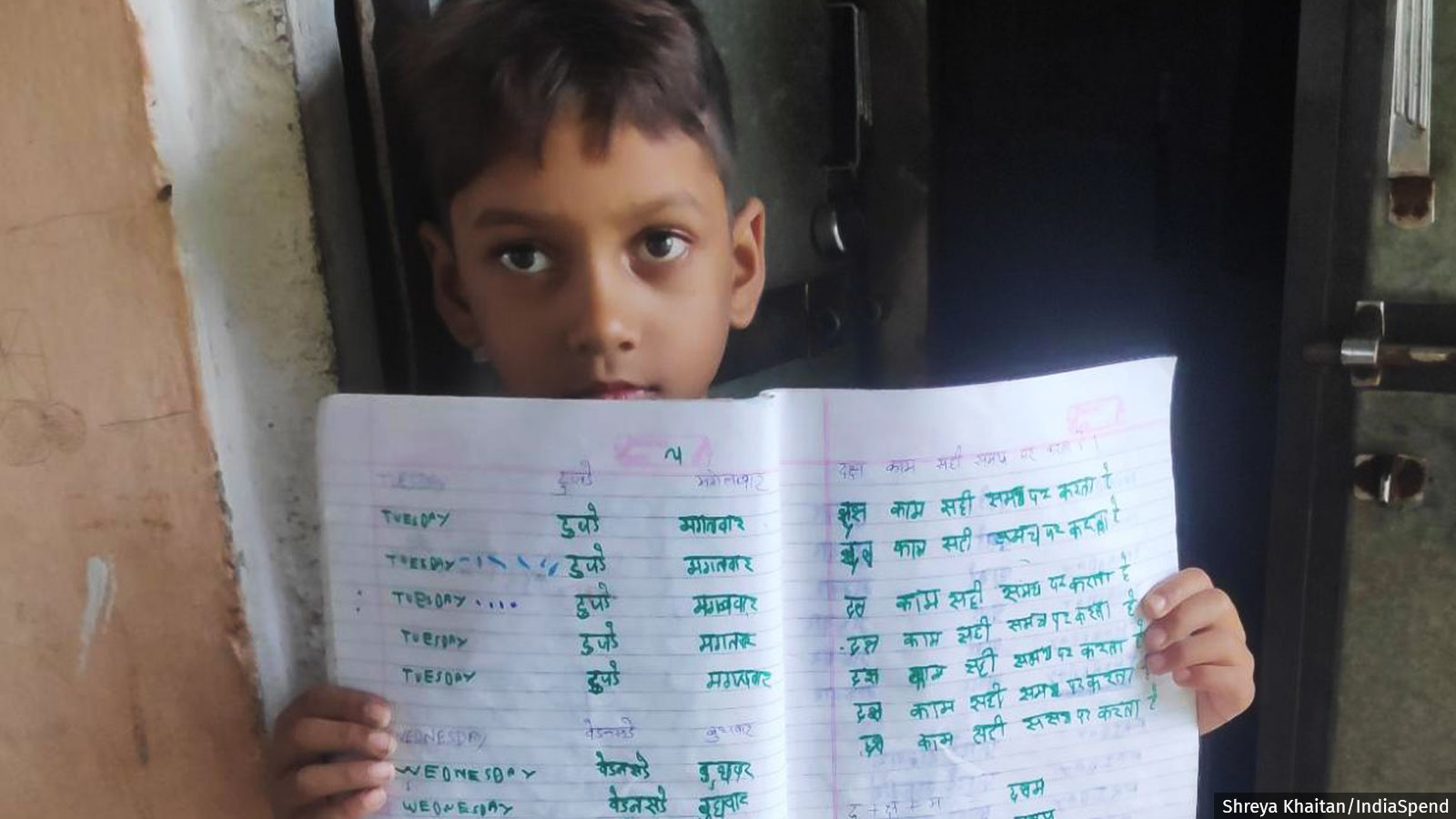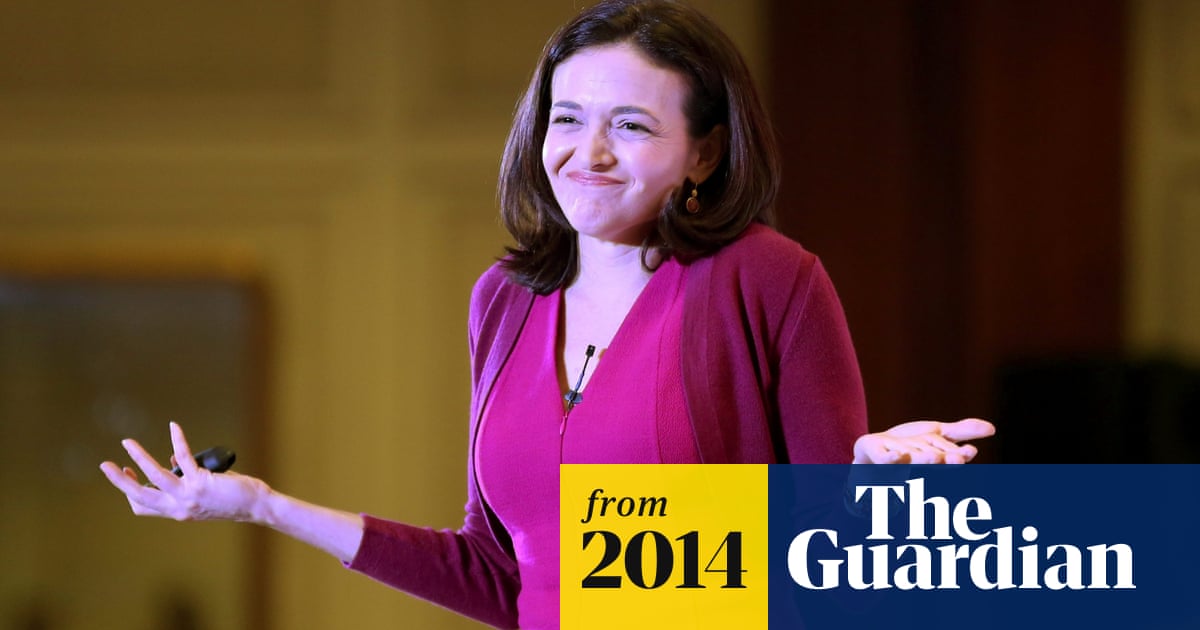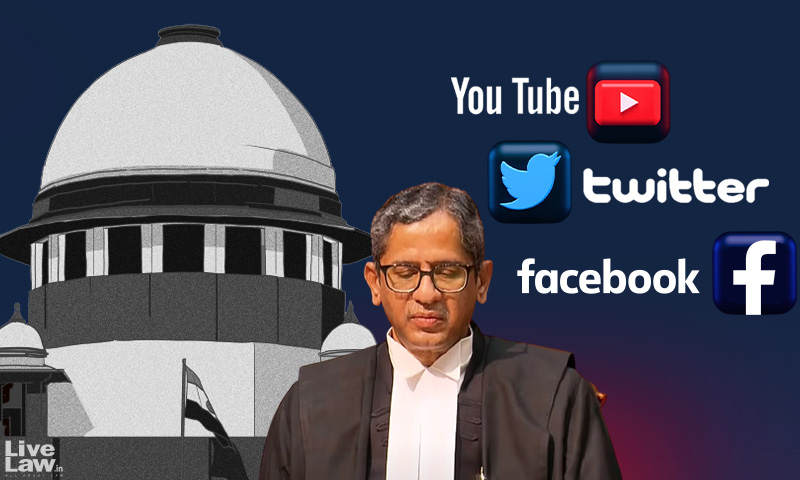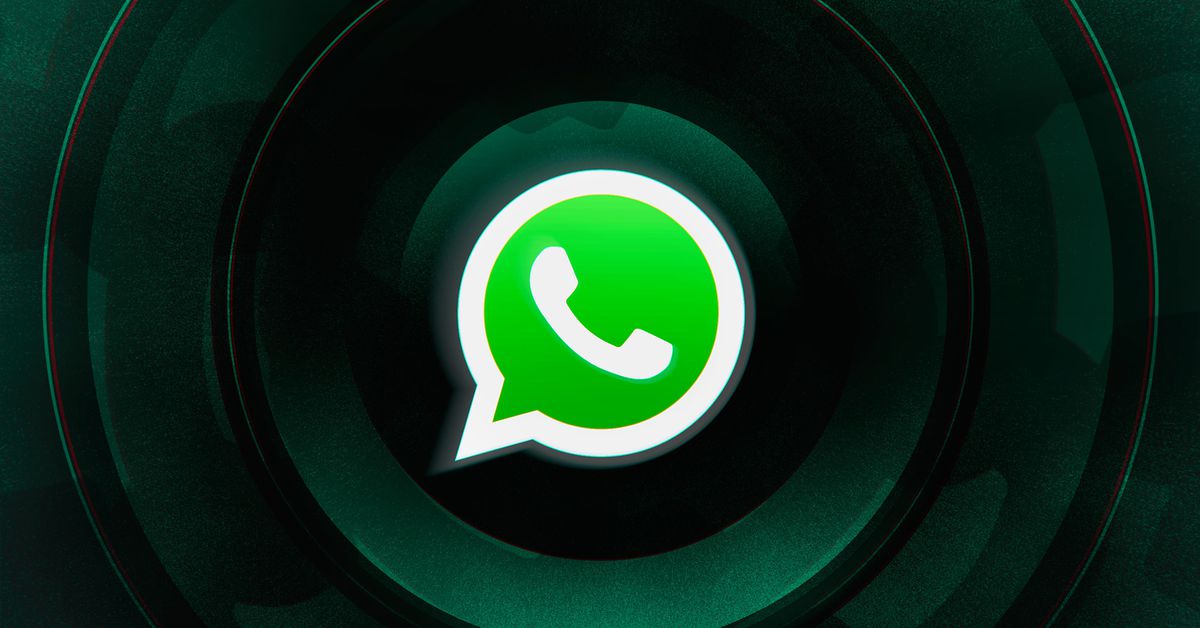
If DEF's reason to exist had to be be spelt out in two words, those words would be: "Digital Divide". Access to digital today means access to welfare benefits including food, access to democracy and much more. After the onset of the Covid-19 pandemic teaching and education have moved largely to the internet, but many students have not been able to make the same move.
Every week we share a news report about someone or the other who has lost their life trying in the effort to access the internet to study.

"A final-year BSc (Mathematics) student at a DU college, and a resident of Uttar Pradesh’s Badaun district, said she has barely been able to attend class this academic session.
“My father, who works as a sweeper in a factory, managed to get me a phone when I got admission into DU two years ago. The phone has become the only mode of education for me and three of my siblings. I can’t attend classes regularly because my siblings also use the same phone. This is my final year and I am extremely stressed about studies,” she told HT, asking not to be named."
Last month, India Spend featured a report about the impact of digital divide on school children.
The situation in Kashmir is extraordinarily bleak as far as access to devices is concerned, even according to the Government of India.
Digital divide manifests in different ways. The phrase refers not only to those who have access to devices and those who don't, a crucial aspect needless to say, but also to:
i) Those who have access to internet and those who don't
ii) Those who have access to the know-how and skills required to use such devices and the internet and those who don't
iii) Those who are able to distinguish between information and misinformation and those who are not able to.
Again, access to internet in it self isn't simply about the infrastructure- smartphones/laptops and 4g/broadband- it is about many other factors, one of which is government imposed internet shutdowns. India is the internet shutdown capital of the world. These shutdowns also caused India a loss of 2.28 Billion dollars by one estimate.
The most recent instance in week gone by:
On NewsClick.com, Vikas Bhaduria argues that this shutdown was even violative of a judgment of the Supreme Court of India.
At the very least, policy makers ought to invest time and energy in coming up with mechanisms which ensure that the most vulnerable groups are not harmed by these increasing shut downs.
The existence of Digital Divide is a reason that we keep urging caution in the belief that the internet is the answer to every governance problem.
Thinking that 'Digital' is the answer to everything can have terrible results:
We mentioned an aspect of Digital Divide which doesn't get as much attention as it deserves, not in India at least- Misinformation.
Facebook has been a site of extraordinary spread of misinformation, which has led to violence and deterioration of democracy in many countries. The company has even experimented with what can only be described as deliberate mind-control. If you're feeling disbelief, read this story from 2014:
Roger Mc Namee, an early investor in Facebook and also believed to once be friends with Facebook's founder Mark Zuckerberg, turned whistleblower many years back. He has written a famous book on what he believes are Facebook's unethical if not dangerous practices. He has composed a 'thread' on twitter today, warning people of the ways in which Big-Tech manipulates them for profit. The thread, which begins with the following tweet, is compulsory reading. You can also read a brilliant profile of McNamee here.
Last week, even India's Supreme Court had something to say about misinformation and how it is fuelling religious hatred in India.
"Twitter, Facebook or YouTube...they never respond to us and there is no accountability. About the institutions they have written badly and they don't respond and say this is their right. They only worry about powerful men and not judges, institutions or common man. That is what we have seen," said CJI.
The CJI also asked if there were any rules governing web portals such as YouTube which showed so much in a minute.
"If you go to YouTube, so much is shown in one minute. You can see so how much fake news there is. Web portals are not governed by anything. There is an attempt to give communal colour to news and that is a problem. Ultimately it brings a bad name to the country," said CJI." - Excerpt from a LiveLaw.com report on the matter.
It wasn't a good week for Facebook owned Whatsapp either:
All this technology, all the draconian surveillance powers that governments insist on giving to themselves and the phenomenal captive audience that tech companies have- somehow seems only makes matters worse for the vulnerable, not better. It begs the question, why isn't all this power able to prevent or tackle:
INR 50 Crore looted from unsuspected people on the pretext of cryptocurrency investment.

INR 10 Crore Scammed via ATM Card cloning.

INR 200 crores looted from people via an online game scam.

All images above courtesy senior journalist Ravish Kumar's instagram feed.
Digital Incompetence
The European Centre for Digital Competitiveness has come out with a study comparing the Digital Competitiveness of various countries. The study ranks countries on the following parameters: Venture Capital Availability, Cost to start business, Time to start business, Ease of hiring foreign labour, skillset of graduates, Digital skills among active population, Attitudes towards entrepreneurial risk, Diversity of workforce, Mobile-broadband subscriptions and 'Companies embracing disruptive ideas'.
India is at the bottom of the table.
Some images from the report:

India is the worst even within Asia

The complete report can be accessed here.
Digital companies, critical workers.
The very real and analog workers of Digital companies continue to suffer. Essential reading from article-14.com
Digital Empowerment Foundation
Harsh of Uttar Pradesh’s Nayakdih village who has learnt internet surfing, excel sheets, presentations and much more, all through DEF’s Smartpur. This has rendered him with practical digital knowledge that he can now use to find a source of livelihood.
Chaitanya Bharati of Vizag, Andhra Pradesh has received digital training, entrepreneurship training & digital infrastructure from DEF and has become financially independent. She runs her digital centre where people come to seek help from her to apply for government entitlements & conduct financial transactions.
Feminist Internet- an outreach campaign DEF worked on in collaboration with APC
DEF, USAID and DAI Global have been addressing and filling a crucial gender gap in the digital economies through extensive training in digital technologies, accelerating the economic opportunities and financial inclusion. Aren't you proud of us!`
Until next time. Stay safe, stay free, stay informed.
































Write a comment ...